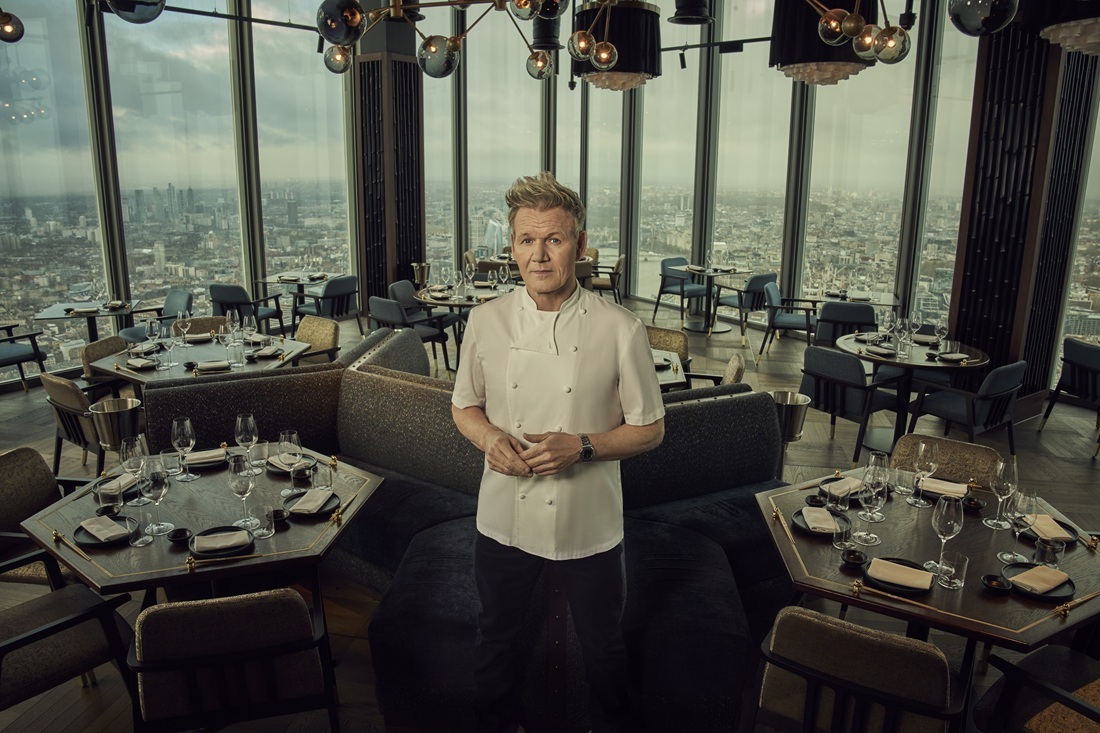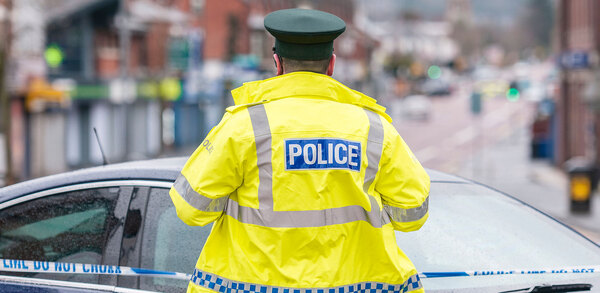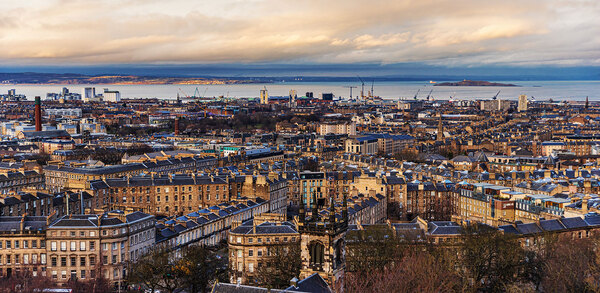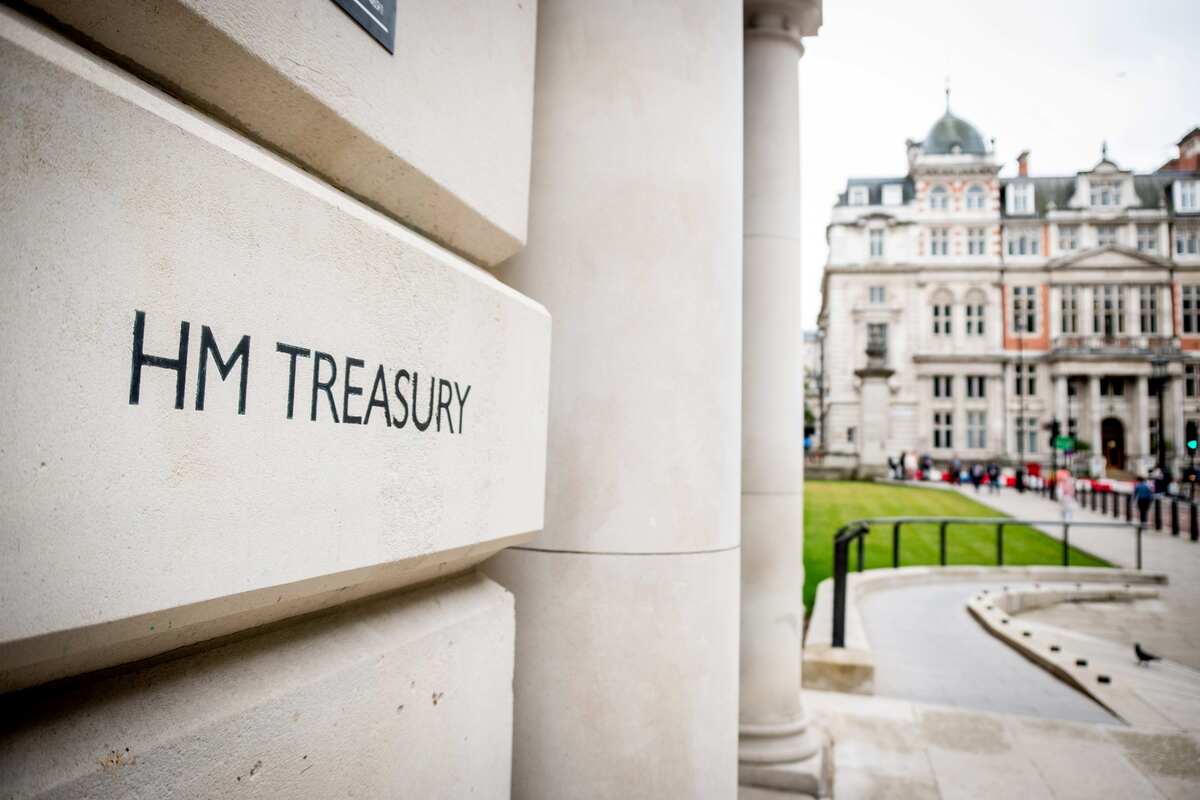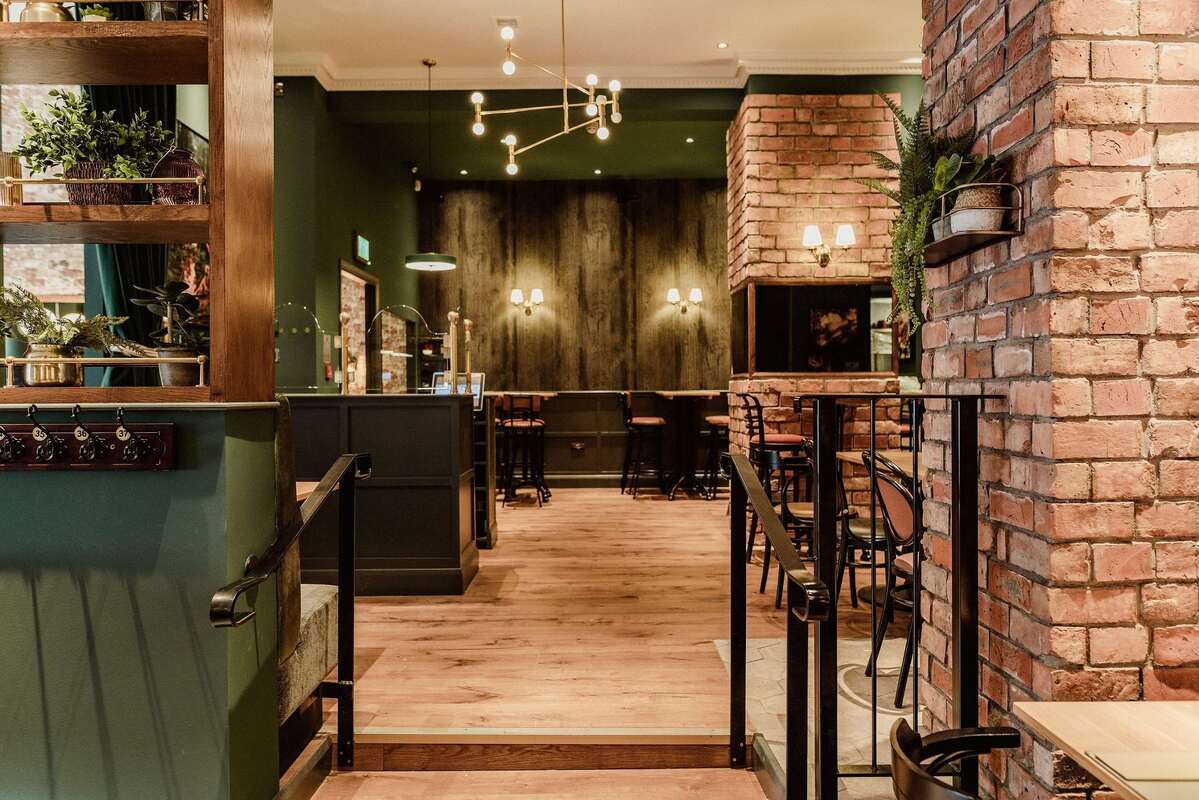Tourist tax: easy money or industry killer?
Edinburgh City Council's controversial consultation into a tourist tax yielded many positive responses. With several cities now considering taking steps to balance the cost of tourism, Emma Lake weighs up the options
Last week Edinburgh City Council claimed that the results of its tourist tax consultation had "dispelled fears" that accommodation providers opposed the levy.
It argued that 51% of the operators who responded to its consultation had been in favour of the proposal, with 85% of all respondents agreeing.
UKHospitality was quick to counter the council's claims, pointing out that the 87 accommodation providers who responded favourably equated to just 4% of those operating in the Scottish capital.
The council had proposed a Transient Visitor Levy (TVL) of £2 per night or 2% of total room cost, chargeable all year round on all forms of accommodation, but capped at seven nights. It has said this would raise between £11.6m and £14.6m each year.
Tourist taxes of varied sums are levied in many European cities and resorts, with most intended to offset the impacts of tourism or support attractions funded by the public purse.
A report drawn up by PricewaterhouseCoopers LLP for the European Commission in 2017 into the impact of taxes on the competitiveness of European tourism stressed that savvy consumers were putting greater pressure on price competitiveness, but advised legislators to also consider the need to ensure their attractions and infrastructure were of the highest standard.
The report said the competition around prices was particularly intense in resorts, a finding supported by the Mallorca Tourist Board, who told The Caterer that the introduction of a levy in 2017 had seen the destination lose some competitiveness.
The board added that the tax was benefitting "irregular accommodation" providers, as it was only levied in relation to legal hotels, putting them at a price disadvantage.
UKHospitality has said price competitiveness is its main argument against the TVL. The UK is one of only three EU countries not to apply a reduced rate of VAT on accommodation, and the industry body has said that additional tax would put operators at a further disadvantage.
Executive director Willie MacLeod explained: "Our visitors are price-sensitive and it is naïve to assume that any additional tax will come without cost and have no effect on visitor behaviour. Using robust academic studies of tourism price-sensitivity and data from a survey of visitors to Edinburgh conducted over the autumn of 2018, UKHospitality has estimated that the annual negative economic impact which will arise from the imposition of a TVL at £2 per room, per night will be in the region of £175m-£200m in Scotland (£44m-£94m in Edinburgh), far greater than the amounts expected to be raised by a TVL."
The body's fears do not appear to be unfounded. While the European Commission report did conclude that additional taxation had a lesser impact on cities and business travellers, levies have been employed in several cases with the express purpose of curbing "overtourism" or adjusting the composition of visitors away from the budget market.
Amsterdam, Venice and Barcelona have all cited the measure as a means of redressing the needs of tourists and residents. Such moves have also been extended to day-trippers from cruise liners, with several operators announcing they would boycott Amsterdam after it extended the tax.
London, which does not charge a tourist tax, is the most-visited city in Europe, according to data collated by Mastercard, followed by Paris, Istanbul, Barcelona and Amsterdam, which all charge some sort of fee to tourists. The European Commission report stated that a "reduction in tourist taxes is likely to have a large positive impact on tourism and, by extension, the wider economy."
Announcing the results of the City of Edinburgh Council consultation, council leader Adam McVey was confident that Edinburgh's tourism economy was resilient and that the levy could be used to ensure the city remains a world-class destination.
He said: "Edinburgh welcomes more than four and a half million visitors annually, spending more than £1.8b. Our tourist economy is extremely strong and expected to continue to grow. A majority of businesses agree the vibrancy of our industry wouldn't be threatened by a small levy but would benefit from the additional investment. Interestingly, this includes more than half of accommodation providers, dispelling fears in certain quarters that the industry wouldn't support a TVL."
because they know it will help us better manage the pressures in the City and help protect their environment."
Edinburgh hoteliers also said they were concerned a TVL could add to existing tax burdens at a time of uncertainty.
Marc Crothall, chief executive of the Scottish Tourism Alliance, has earlier said: "Hoteliers and indeed all tourism businesses in Scotland are facing uncertain times ahead as we move closer towards our EU departure date and an unknown economic landscape.
"Most businesses are seeing profits erode, thus putting even greater pressure on the ability to invest in their product and their teams. This also limits their capability of continually improving the quality of the offer that guests expect today; some are even reporting up to 40% increases in energy, not to mention the significant increases in rates for large business that don't qualify for the welcomed rates cap of the past two years.
"What our tourism industry, especially the hotel and accommodation sector needs, is a time of stability and the opportunity to strengthen and grow, not the threat of an additional cost to our visitors in an already highly taxed environment."
As councils continue to see their budgets squeezed, more are considering pursuing the implementation of tourist taxes, with Westminster and the Highlands among those to have mooted the idea. But a number have also rejected proposals, including the Welsh government, as well as councils in Cambridge and Cornwall.
How a tourist tax in Edinburgh may be introduced
Edinburgh City Council's consultation may have indicated support for its proposal, but it does not mean it will be able to implement a Transient Visitor Levy.
To do so, the council requires the Scottish government to pass legislation granting it additional powers.
A Scottish government spokesperson told The Caterer: "While we have no plans to introduce a tourism tax, we are undertaking a national discussion to allow all views on a tourism tax to be heard.
"We are clear this debate must fully involve the tourism and hospitality industry and provide an opportunity for everyone to air their views. We are also ensuring the current debate is evidence based.
"We have invited contributions and participation from a wide range of groups with an interest in tourism, economic growth and public sector finance. The Convention of Scottish Local Authorities has been invited to represent the local authority point of view, and we have had helpful contributions from a number of industry and local government representatives at roundtable sessions held across Scotland.
"We look forward to further constructive engagement with our partners and stakeholders in the coming weeks."
MacLeod added: "The City of Edinburgh Council would do well to await the outcome of the government's deliberations on the principle of such a tax which, if to be taken forward, will require clarification of many unanswered questions, primary legislation, and formal consultation which will, hopefully, take more account of the views of an industry which understands its consumers than has the city council."
Get The Caterer every week on your smartphone, tablet, or even in good old-fashioned hard copy (or all three!).




